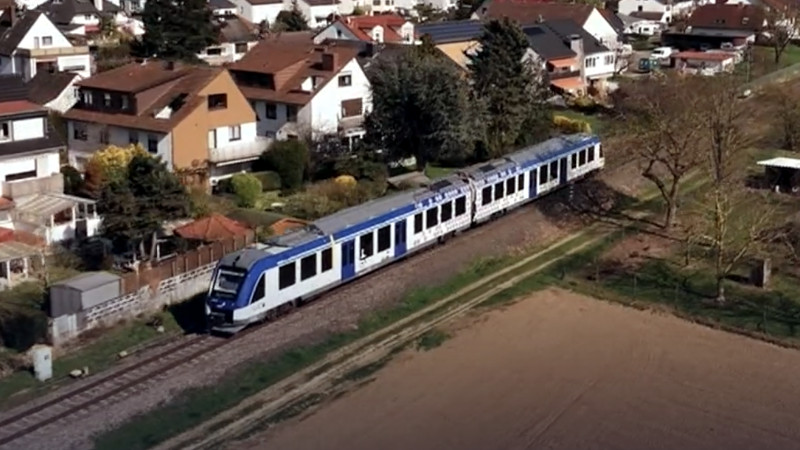The Challenges of Electrifying Europes Railways: The Case of Hydrogen-Powered Trains










2025-04-29T11:00:12Z

As Europe shifts towards a zero-carbon future, the enhancement of transport infrastructure remains a top priority. However, numerous railway lines still operate without electrification, raising crucial questions about how to transition away from diesel traction. Various greener alternatives exist, and railway companies are faced with the critical decision of which direction to take. A notable example is the recent deployment in Germany, where the Rhine-Main railway introduced a fleet of 27 Alstom hydrogen-powered multiple units intended for local passenger services. Unfortunately, this initiative has not achieved the anticipated success, primarily due to reliability issues and the supply of spare parts, as reported in German media.
For advocates of alternative energy solutions, this setback warrants a closer examination of the underlying problems. Unlike previous instances where fuel transport logistics presented significant hurdles, the current issues seem to stem more from the operational reliability of the hydrogen units themselves. This trend of reporting on hydrogen's challenges rather than its successes raises concerns and questions about the practicality and viability of hydrogen as a mainstream power source for rail transport.
Many enthusiasts envision a future where ultra-clean trains and buses powered by hydrogen derived from renewable sources, such as wind energy, seamlessly navigate urban landscapes. However, the realization of this vision appears dauntingly distant. The advancements in battery technologies for trains suggest that they may pave the way for the future of rail transport, potentially outpacing hydrogen solutions.
As the landscape of hydrogen transport continues to evolve, it is likely that numerous projects will emerge, some destined for success while others may wane into obscurity. This ongoing cycle will persist until either the technological challenges are adequately addressed or hydrogen transport is relegated to the annals of impractical concepts, akin to the atmospheric railway of the past. In light of these developments, it would be prudent to use hydrogen transport as a case study when assessing the value and practicality of emerging technologies in the transport sector.
 Hana Takahashi
Hana Takahashi
Source of the news: Hackaday